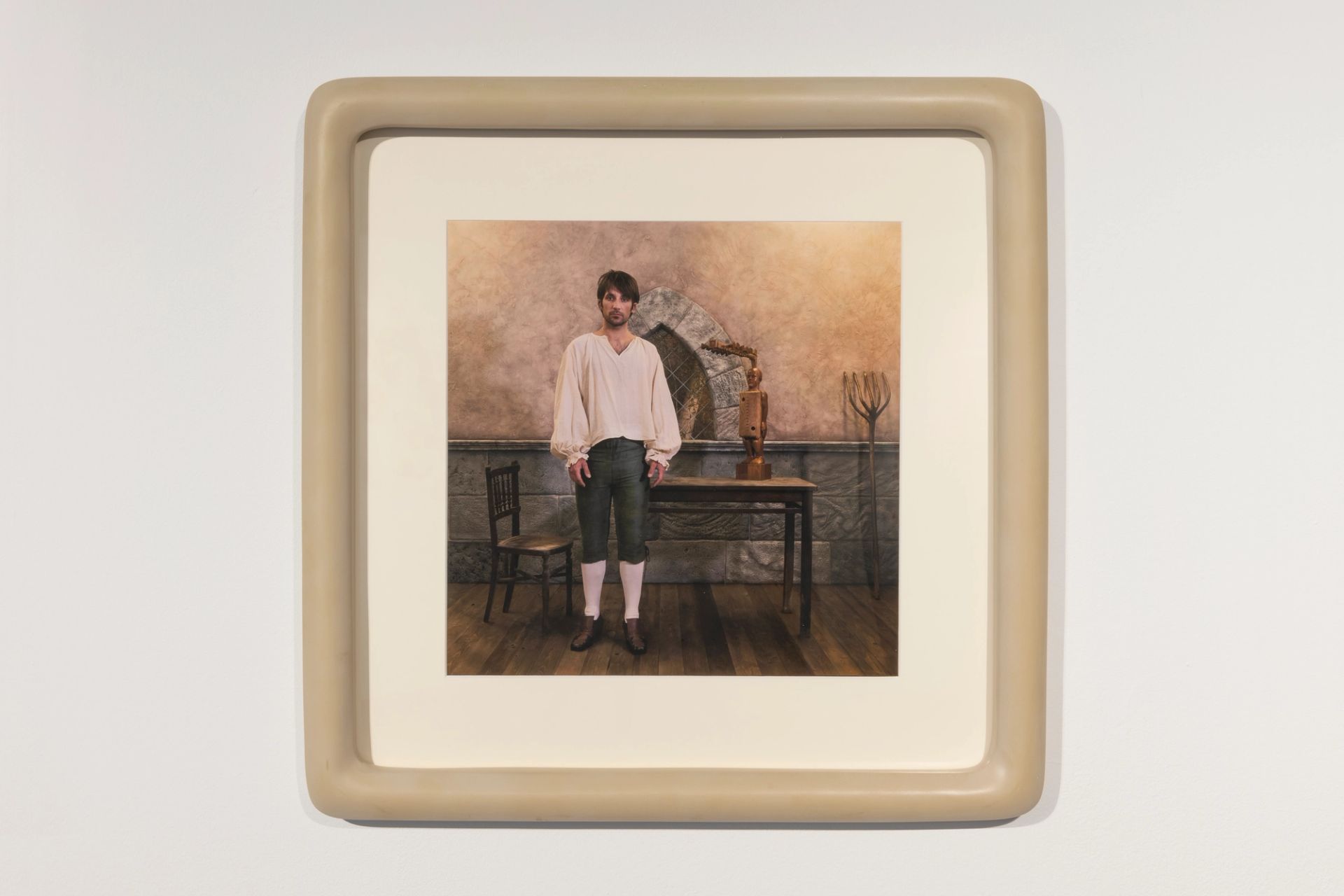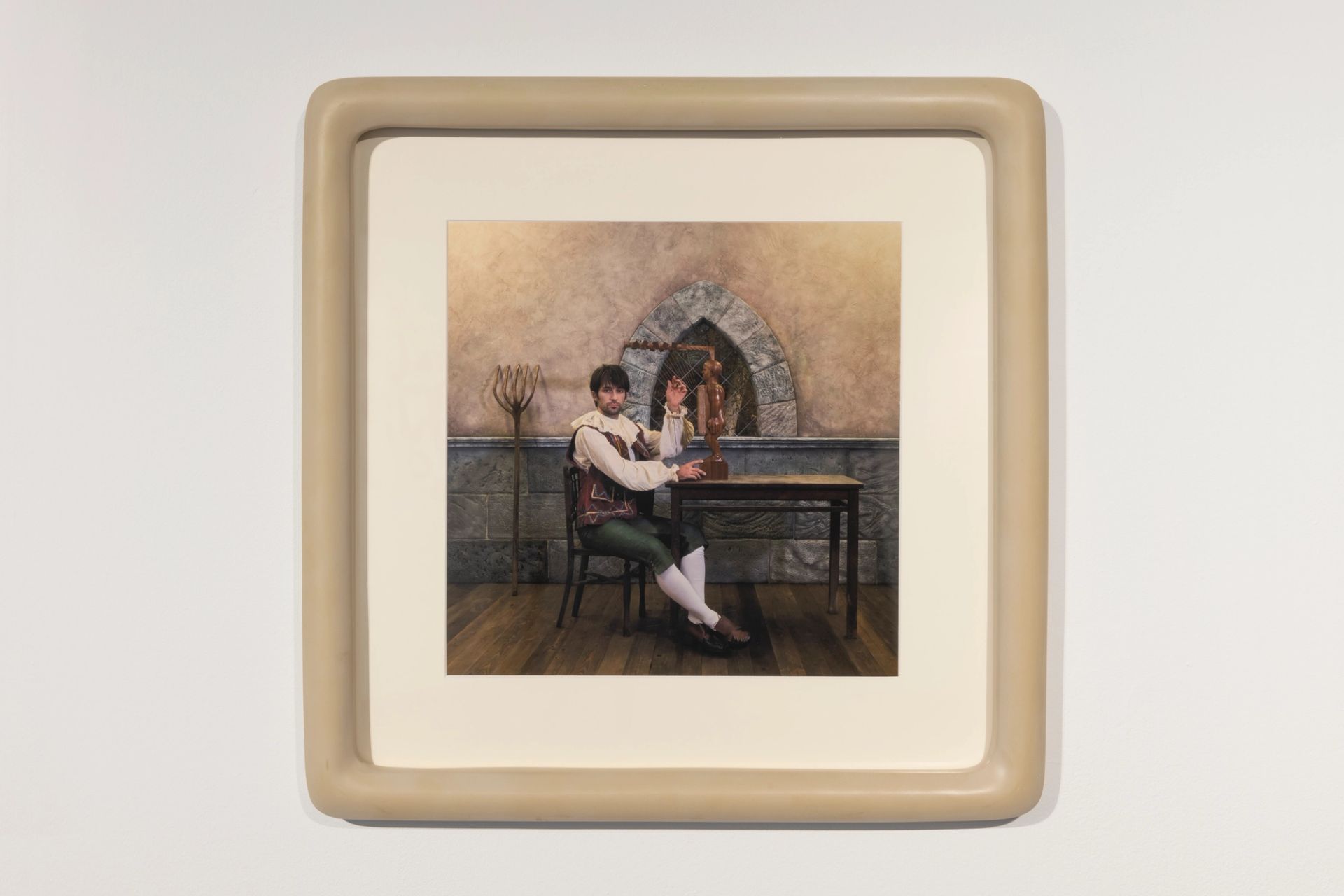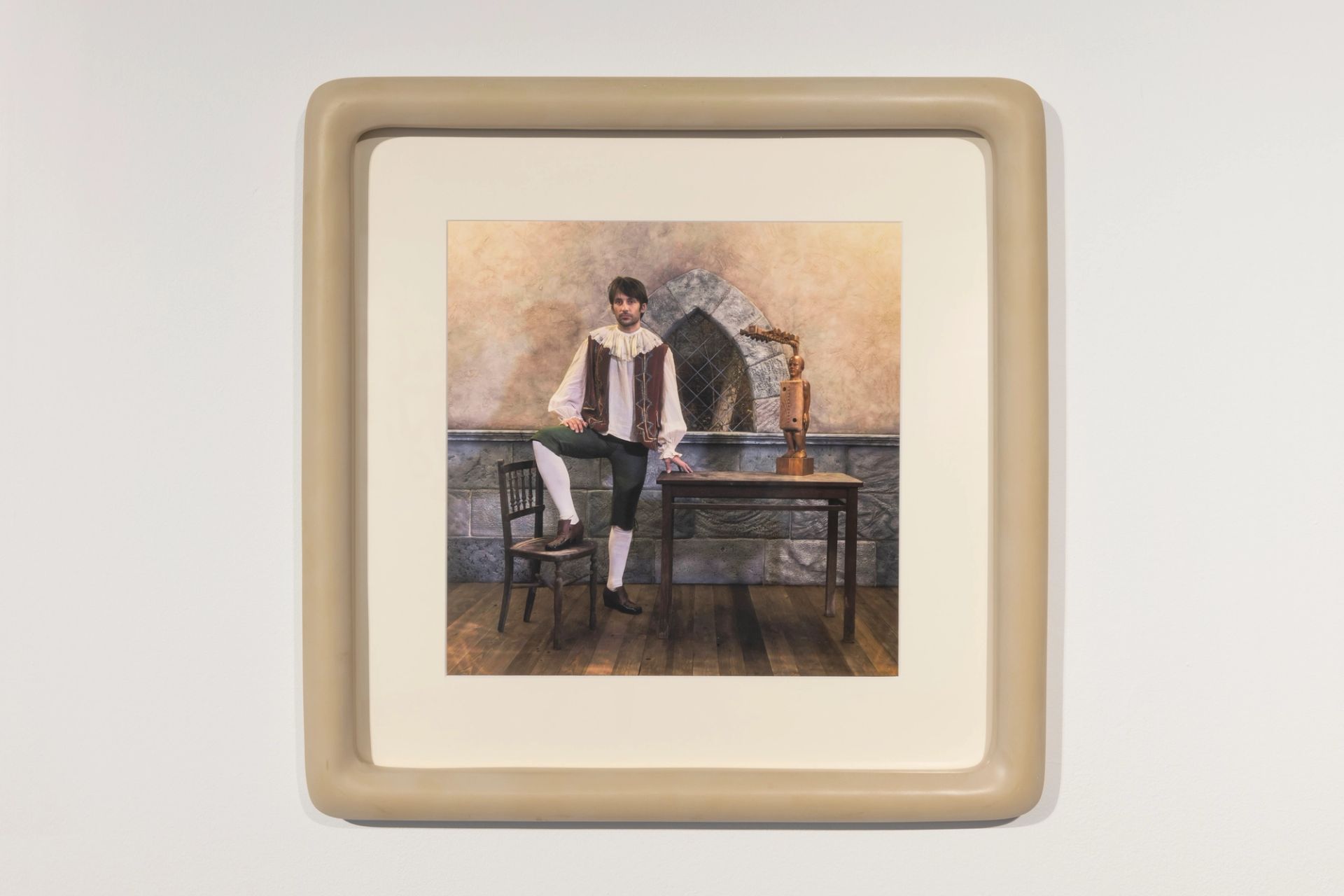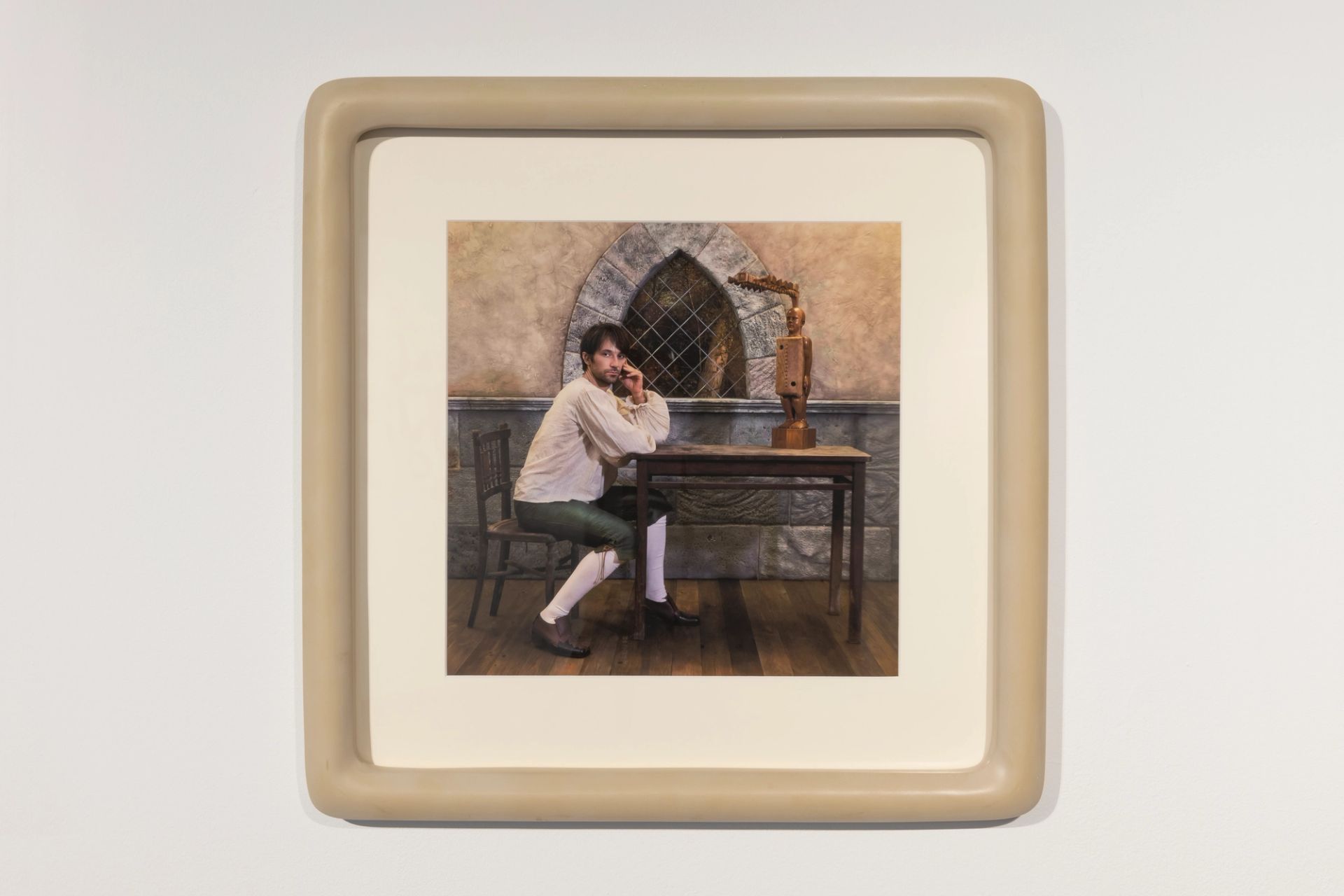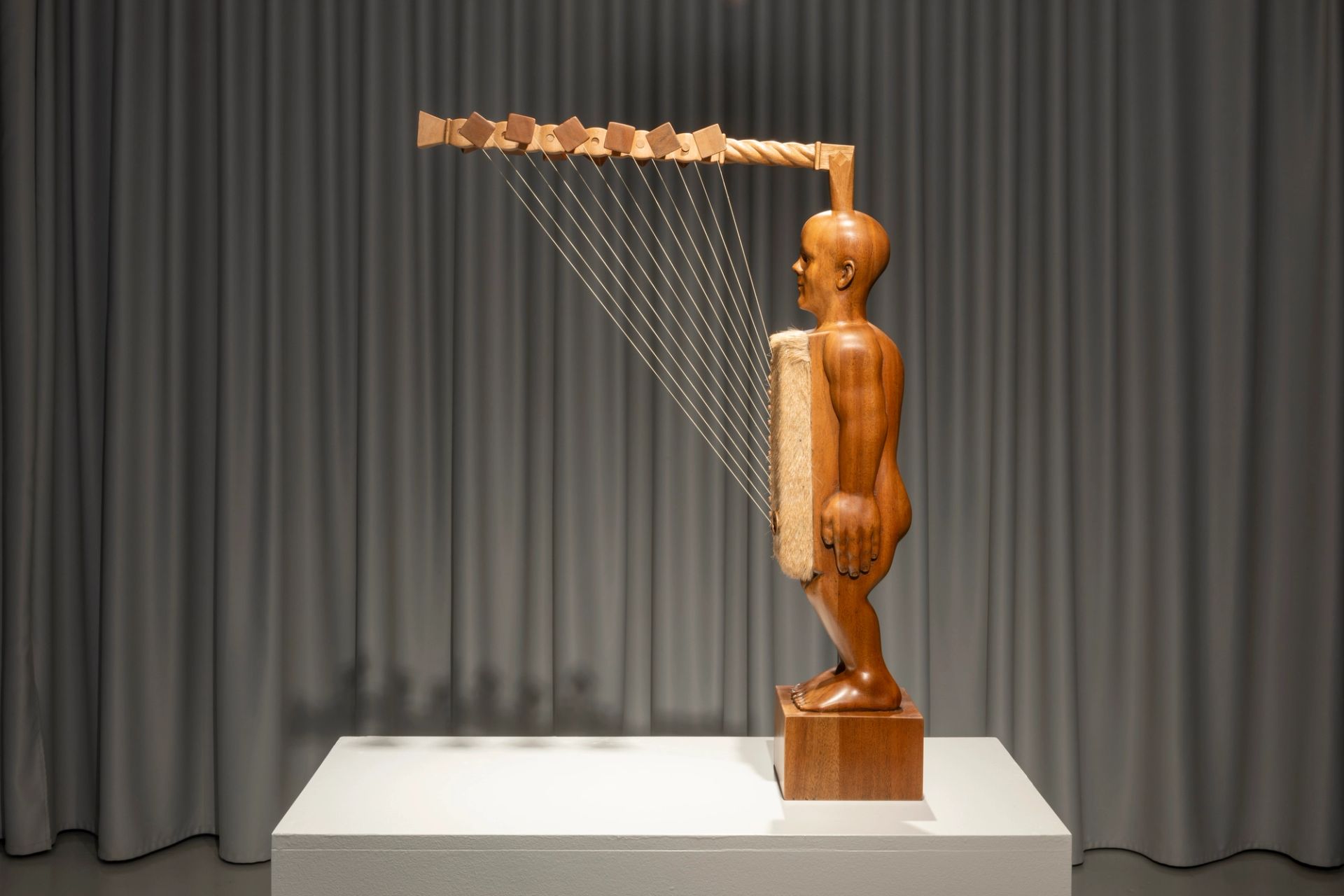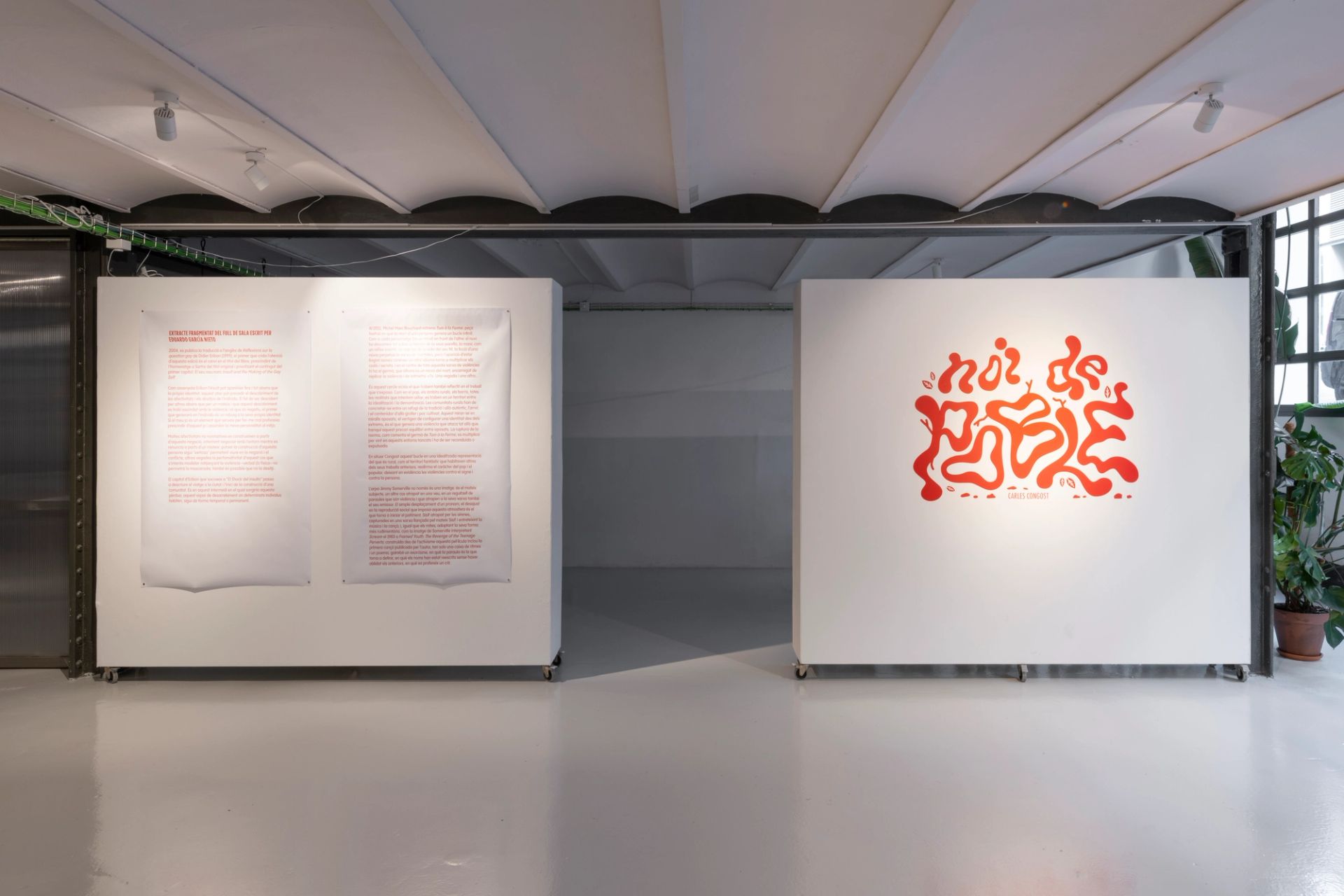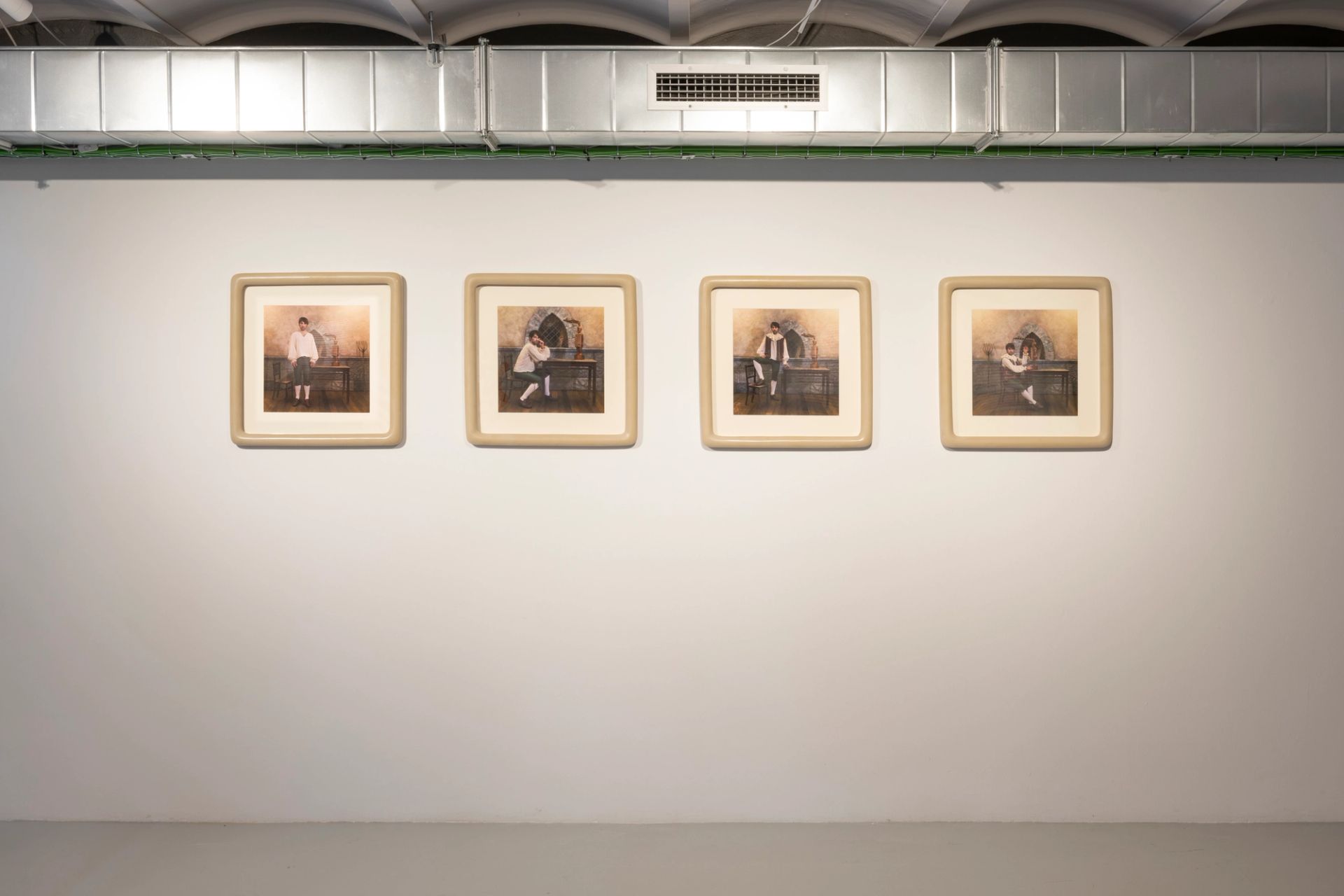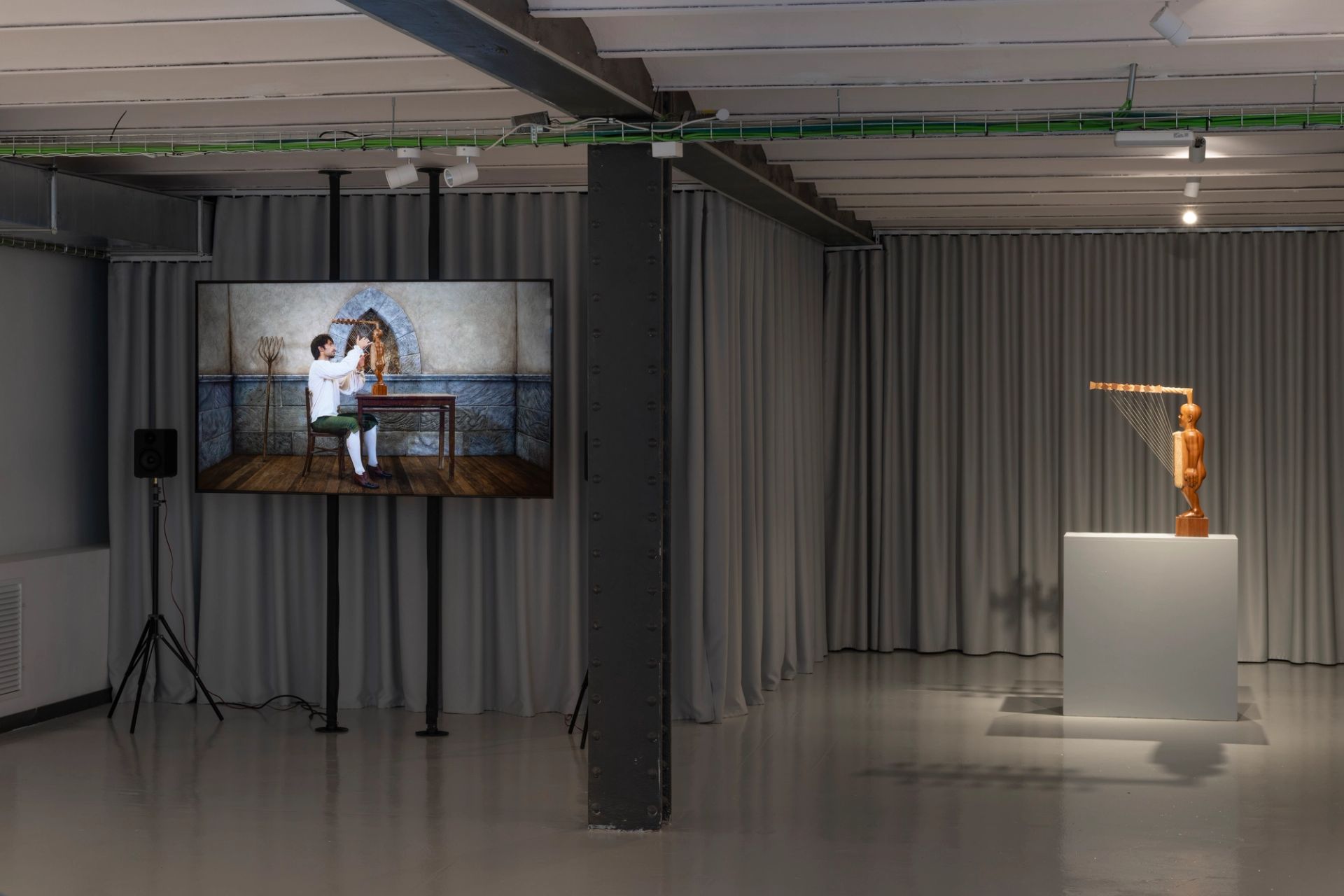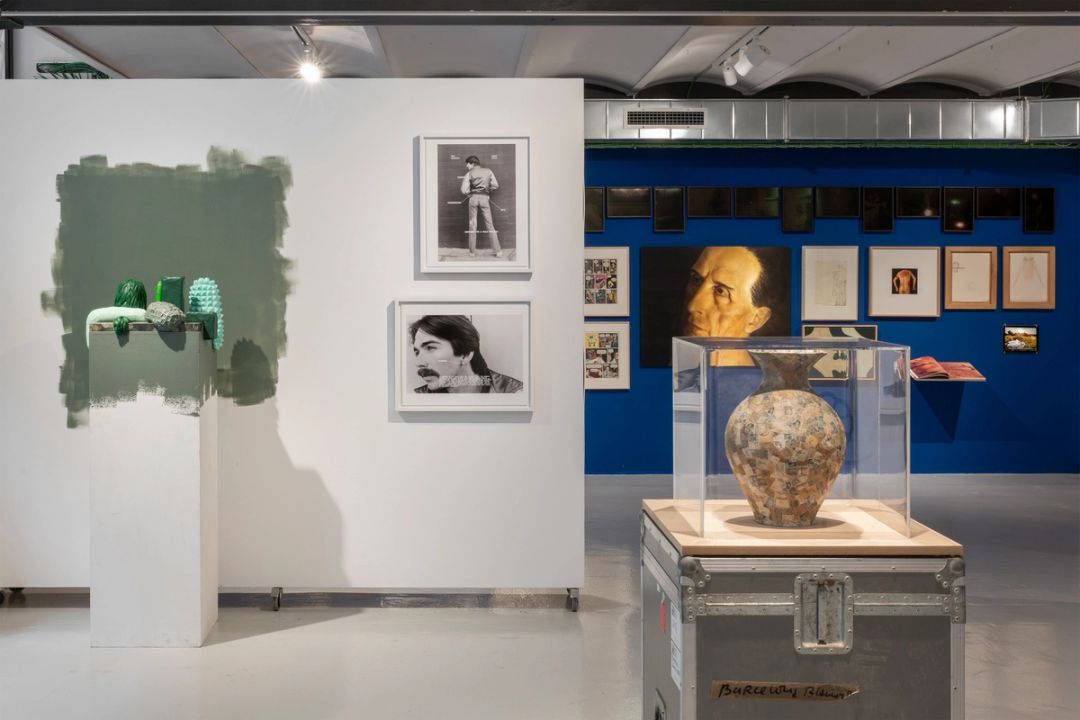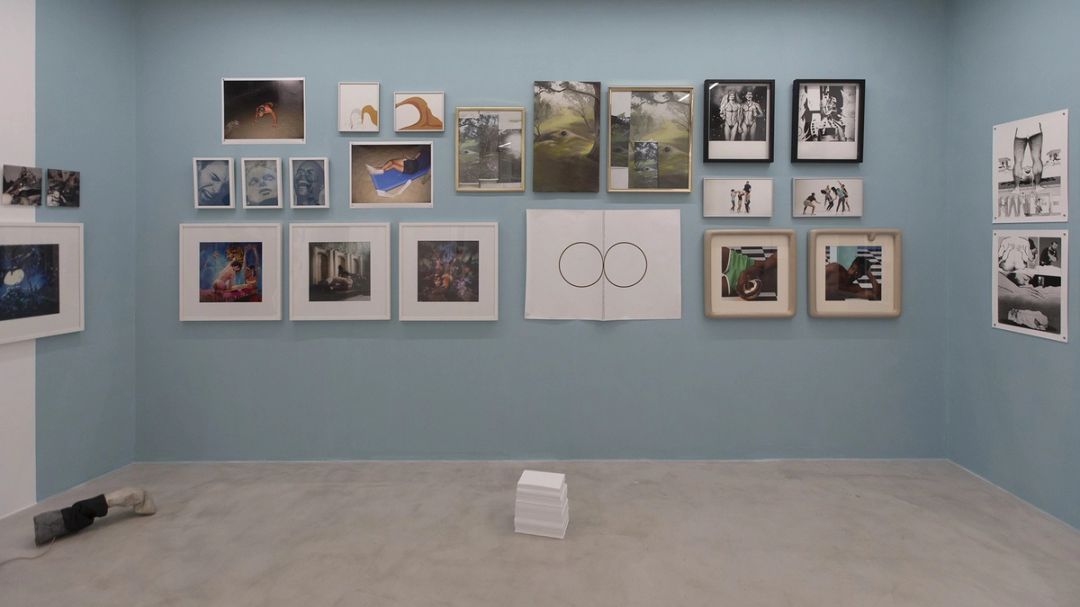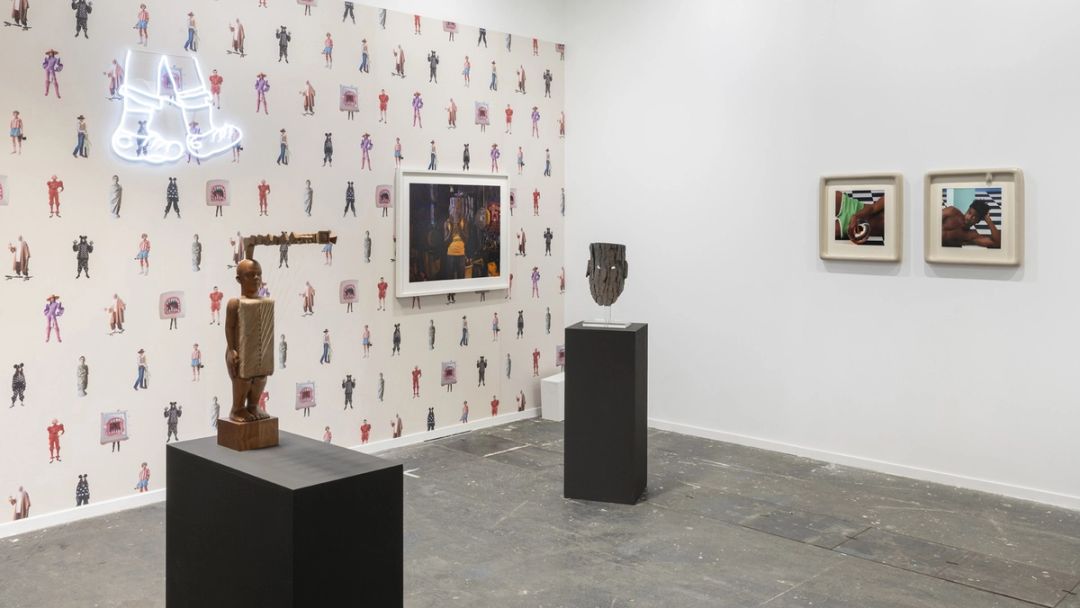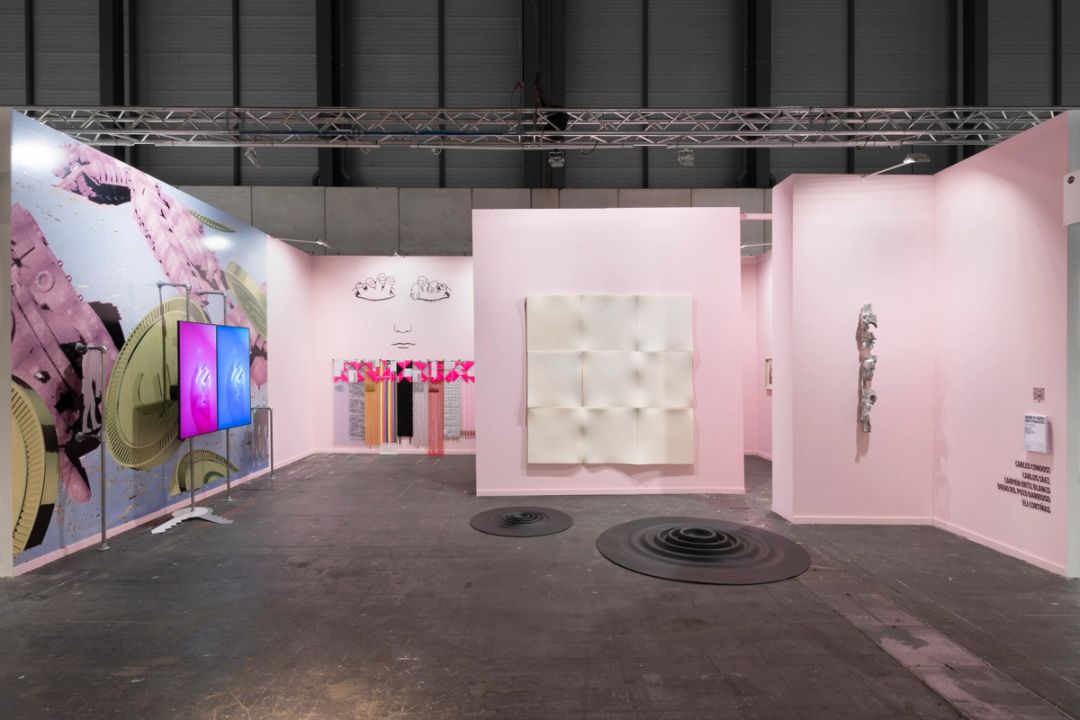Noi de poble
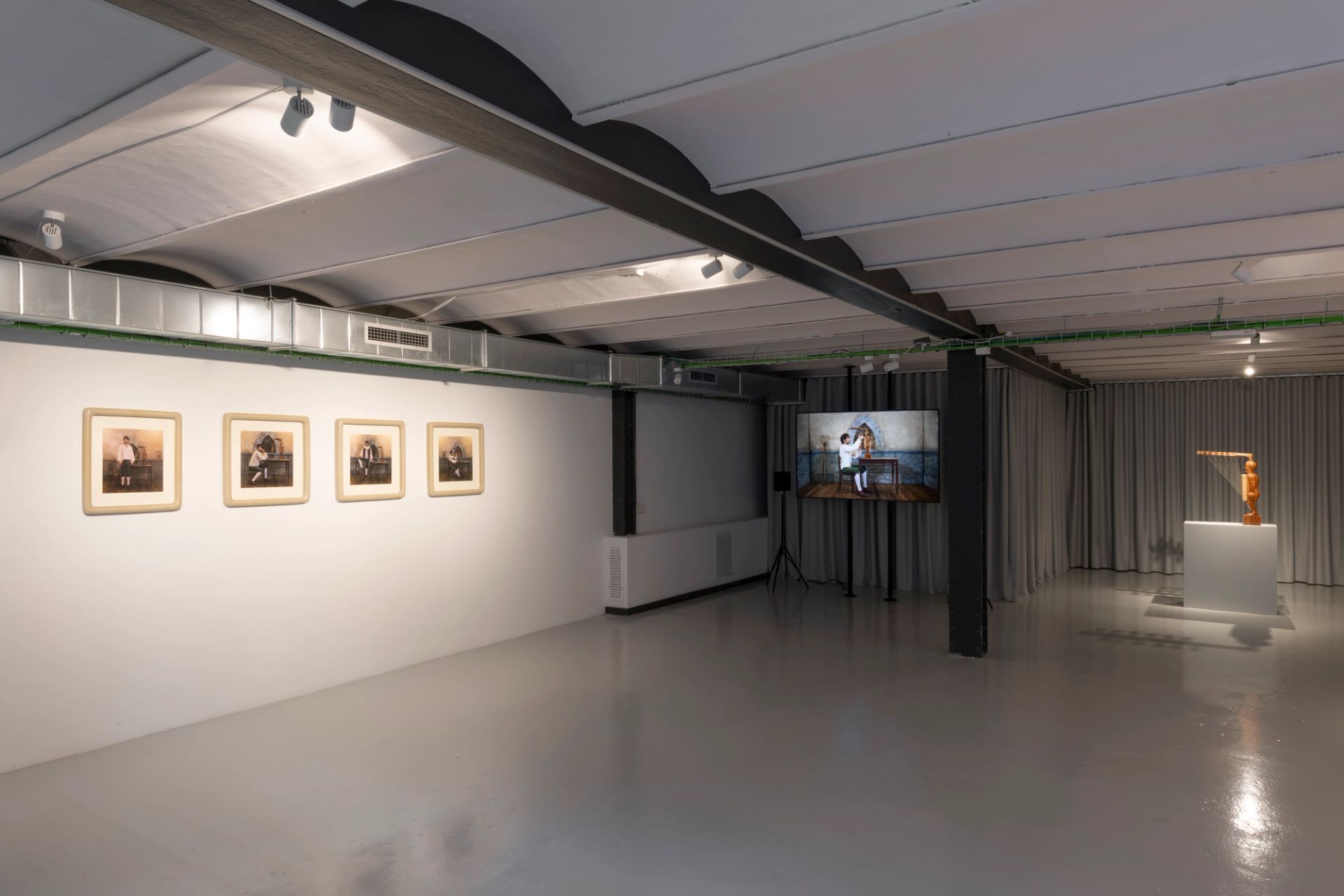
In 2004, the English translation of Didier Eribon's Réflexions sur la question gay (1999) was published. The first thing that draws attention in this edition is the change in the title of the book, leaving aside the homage to Sartre in the original title and prioritizing the content of the first chapter. Its new name: Insult and the Making of the Gay Self. As Eribon points out, insult can appear even before one's own identity; this attack can precede the discovery of the individual's emotions and desires. The fact of being discovered by others before oneself, and that this discovery is assimilated with violence and negativity, will first generate in the individual a rejection of his own identity. If my self is an element that serves to harm me, I prefer to do without that self and assimilate my personality to the environment. Many non-normative emotions are built from this denial, trying to negotiate with the environment while renouncing parts of oneself; The construction of this person may be “successful” by allowing one to live in denial and conflict, on other occasions the performance of this body that is attempted to be modelled through violence – verbal and/or physical – will not allow the masquerade; it is also possible that it does not want it. The chapter of Eribon that follows “The Shock of the Insult” goes on to describe the journey to the city and the beginning of the construction of a community. It is in this interlude that this loss would arise, this space of uprooting in which certain individuals inhabit, whether temporarily or permanently. In 2011, Michel Marc Bouchard premiered Tom à la Ferme, a play in which the death of a person generates an infinite loop. As if each character were a mirror in front of the other: the boyfriend knows nothing about his partner's family, the mother, like an inverted reflection, knows nothing about her son's life, the fiction of a girlfriend perpetuates the network of lies, but the appearance of pretending to only know another language multiplies the codes and secrets again. And at the center of this whole network of violence is the brother, who in turn is an echo of the deceased, charged with replicating the violence and submitting to it. Again and again... It is this vicious circle that we also find reflected in the work on display. As in pop, rural areas, neighborhoods, all the realities that we try to isolate, are found in a territory between idealization and demonization. Rural communities must be concretized between a refuge of tradition and authenticity, the root, and the container of the crude and uncultivated. This looking at oneself in opposite mirrors, the vertigo of configuring an identity from the extremes, is what generates a violence that attacks everything that breaks this precarious balance between opposites. The breaking of the norm, as Tom à la Ferme's brother comments, is multiplied by twenty in these closed environments and must be redirected or expelled. By placing Congost this loop in an idealized representation of the rural, like the fantastic territory inhabited by other of his previous works, he reaffirms the character of the pop and the popular, revealing the violence against the sign and against the person. Jimmy Somerville's harp is not only an image, it is the subject itself, another body trapped in a voice, in a string of words that are violence and that also trap the speaker in their net. The simple displacement of a pronoun, the imbalance in social reproduction that this atmosphere imposes is what starts the suffering again. Sisyphus caught by the sirens, caught in a net cast by Sisyphus himself and weaving music and song together; and, like myths, taking their most rudimentary form, such as the image of Somerville performing Scream in 1983 in Framed Youth: The Revenge of the Teenage Perverts; built from activism, this film includes the first song published by the author, just a drum machine and a poem, almost an exorcism, in which the word is what defines again, in which the names have been rewritten without having forgotten the previous ones, in which a scream is uttered. Text by Eduardo García Nieto Independent curator and educator
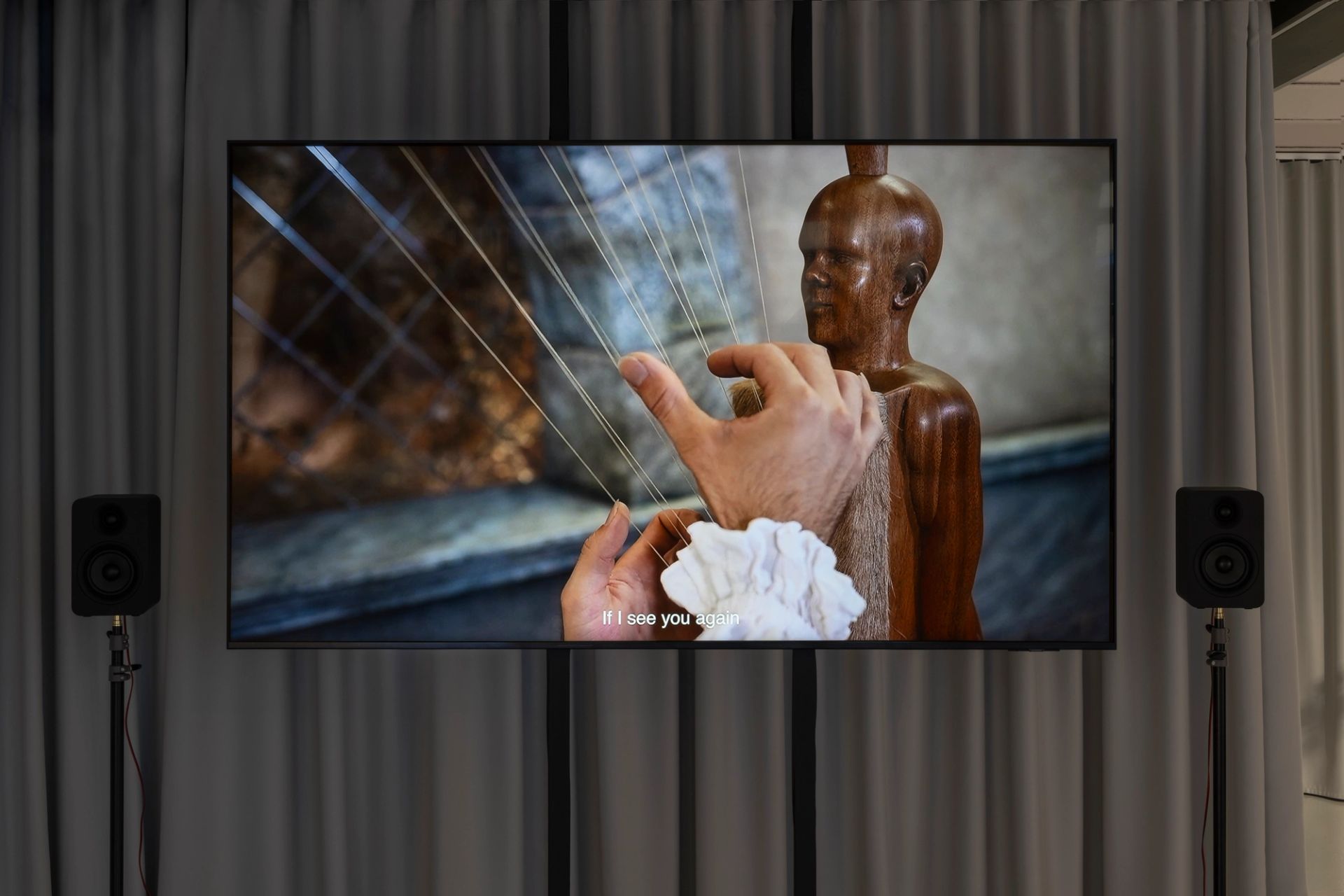
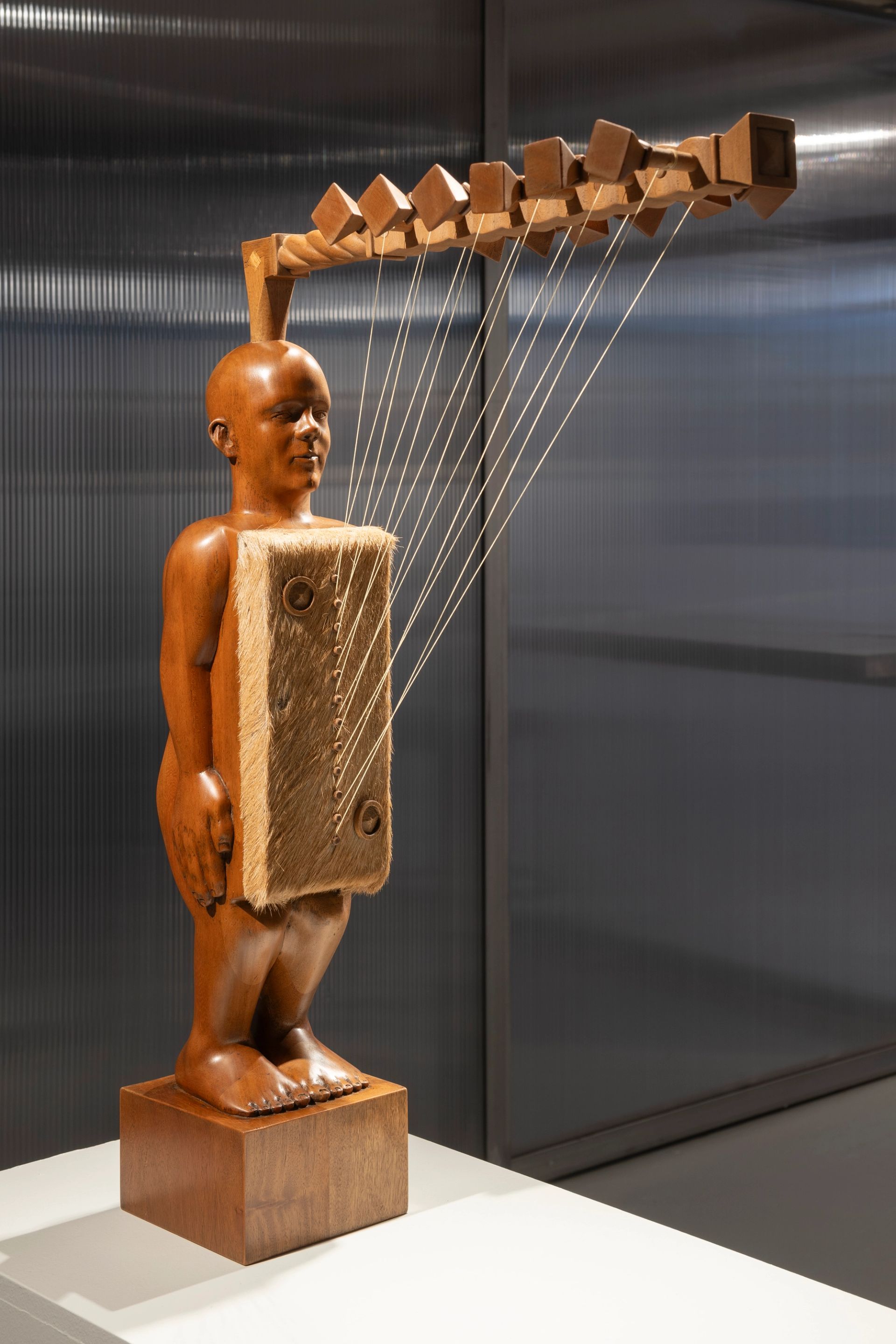
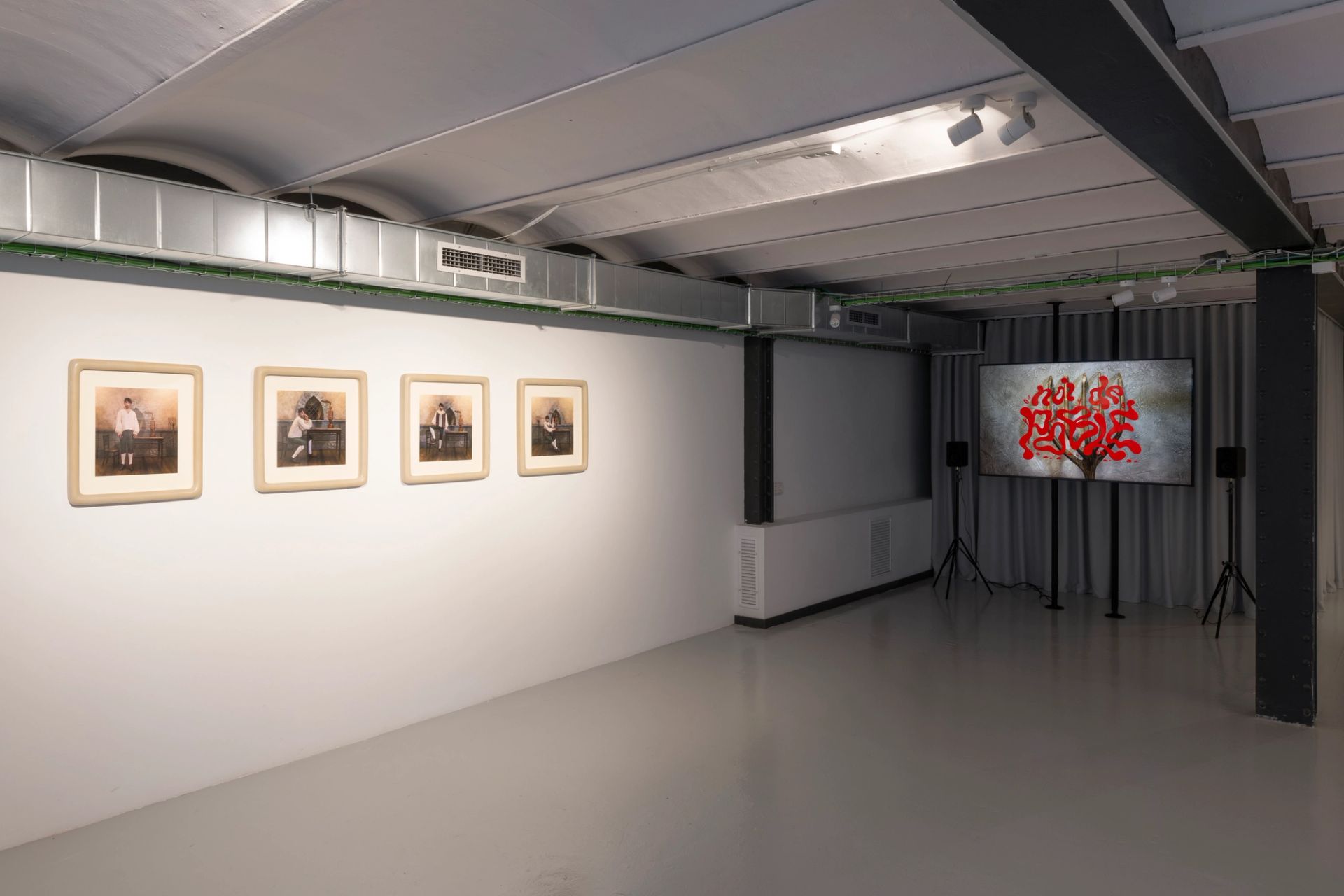
Available works
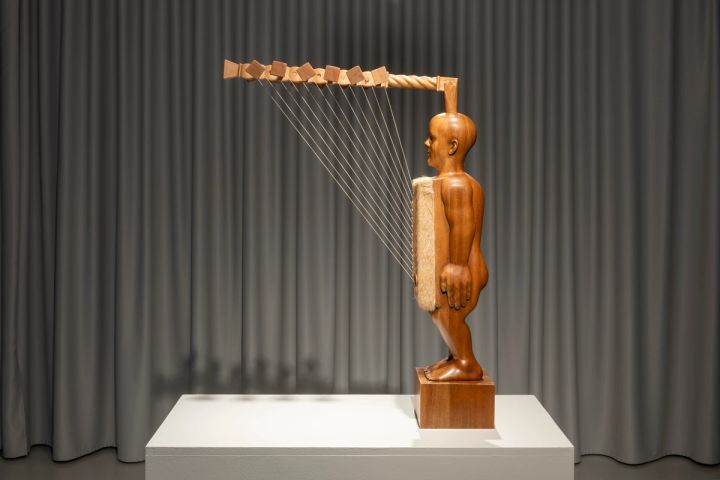
Smalltown Boy Carles Congost
Wood, natural hide, nylon strings Ed. 1/1 70 cm x 50 cm x 20 cm
This work has been exhibited in the following fairs and exhibitions: Noi de Poble ARCO Madrid 2024
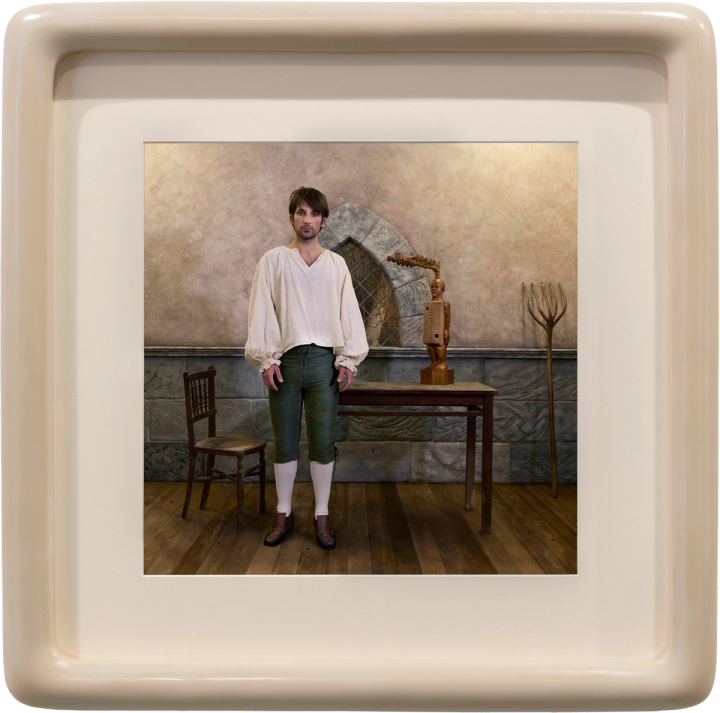
Noi de Poble I Carles Congost
Photographic print on Hahnemühle paper and resin frame 57 cm x 57 cm Ed. 1/3 + AP (2 copies of 100 cm x 100 cm, wooden frame - 6000€)
This work has been exhibited in the following fairs and exhibitions: ARCO Madrid 2025 Noi de Poble
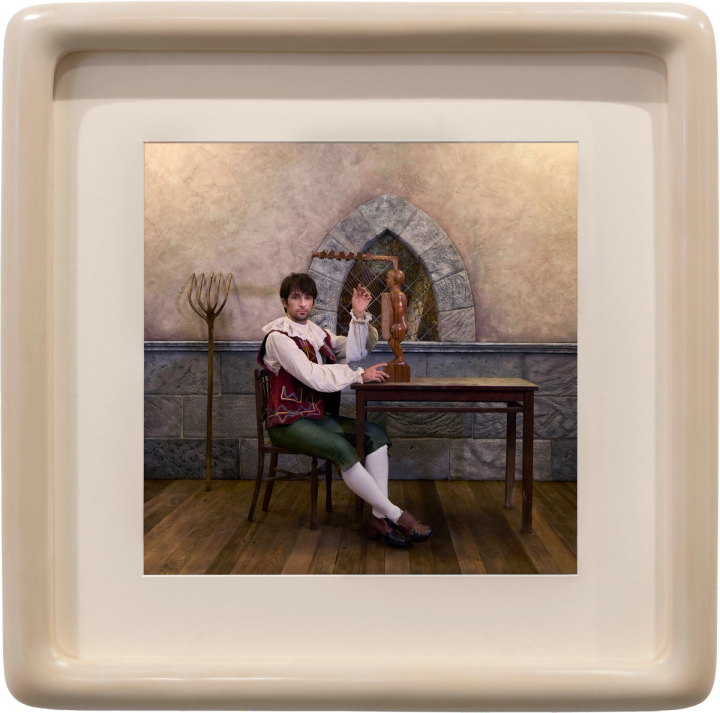
Noi de Poble II Carles Congost
Photographic print on Hahnemühle paper and resin frame 57 cm x 57 cm Ed. 1/3 + AP (2 copies of 100 cm x 100 cm, wooden frame - 6000€)
This work has been exhibited in the following fairs and exhibitions: ARCO Madrid 2025 Noi de Poble
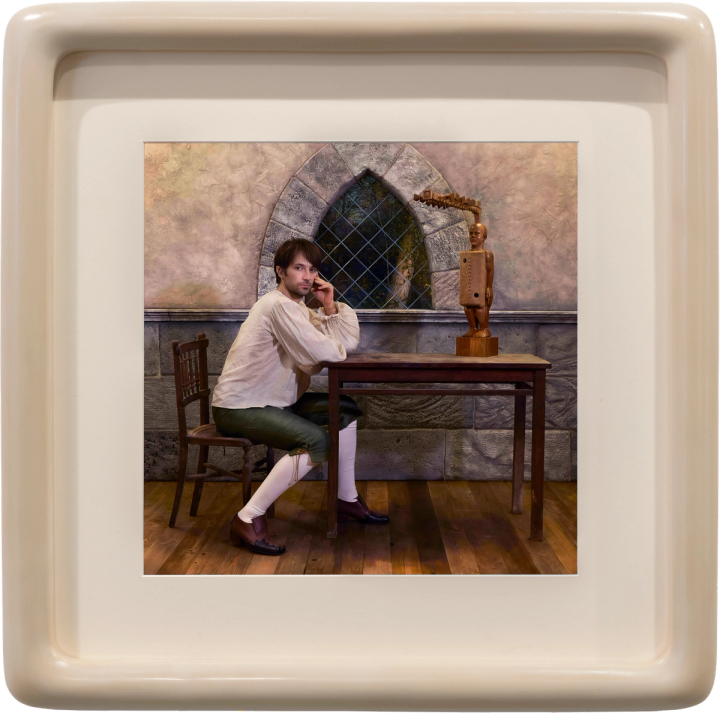
Noi de Poble III Carles Congost
Photographic print on Hahnemühle paper and resin frame 57 cm x 57 cm Ed. 1/3 + AP (2 copies of 100 cm x 100 cm, wooden frame - 6000€)
This work has been exhibited in the following fairs and exhibitions: ARCO Madrid 2025 Noi de Poble
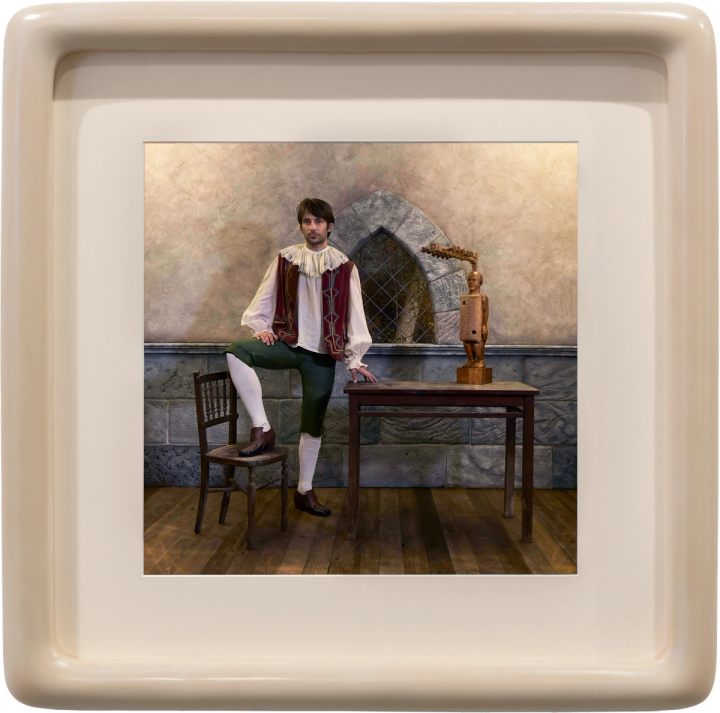
Noi de Poble IV Carles Congost
Photographic print on Hahnemühle paper and resin frame 57 cm x 57 cm Ed. 1/3 + AP (2 copies of 100 cm x 100 cm, wooden frame - 6000€)
This work has been exhibited in the following fairs and exhibitions: Articulations of Desire, Vol. 2 ARCO Madrid 2025 Noi de Poble
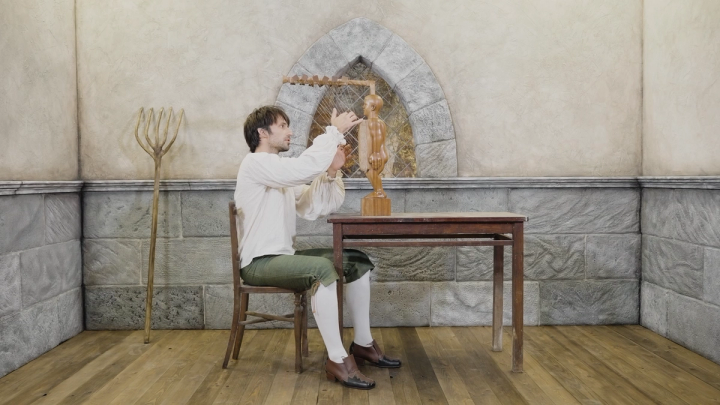
Noi de Poble Carles Congost
HD Video Ed. 1/3 + PA 7m 43s
This work has been exhibited in the following exhibitions: Noi de Poble
